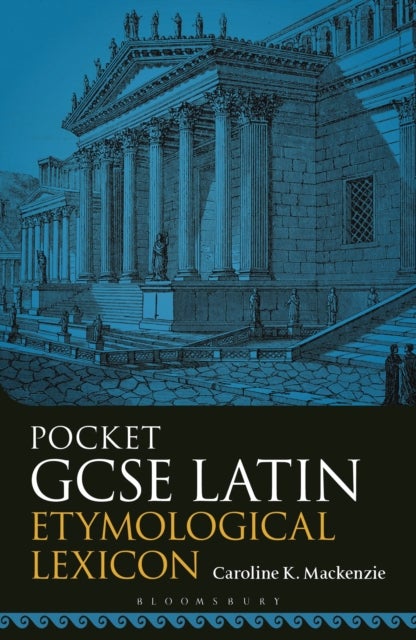
The Politics of Language av David Beaver, Jason Stanley
449,-
<p><b>A provocative case for the inherently political nature of language</b><br><br>In <i>The Politics of Language</i>, David Beaver and Jason Stanley present a radical new approach to the theory of meaning, offering an account of communication in which political and social identity, affect, and shared practices play as important a role as information. This new view of language, they argue, has dramatic consequences for free speech, democracy, and a range of other areas in which speech plays a central role.<br><br>Drawing on a wealth of disciplines, <i>The Politics of Language </i>argues that the function of speech¿whether in dialogue, larger group interactions, or mass communication¿is to attune people to something, be it a shared reality, emotion, or identity. Reconceptualizing the central ideas of pragmatics and semantics, Beaver and Stanley apply their account to a range of phenomena that defy standard frameworks in linguistics and philosophy of language¿from dog whistles and cover








